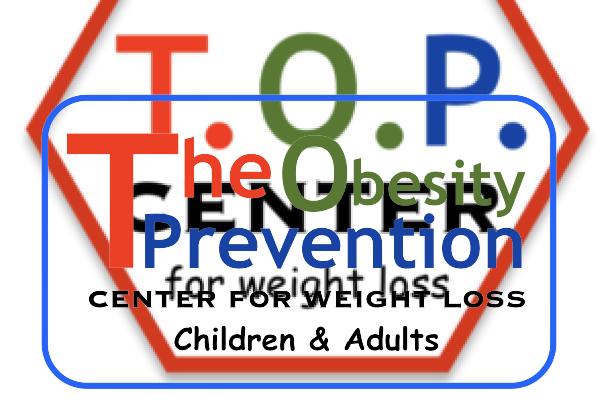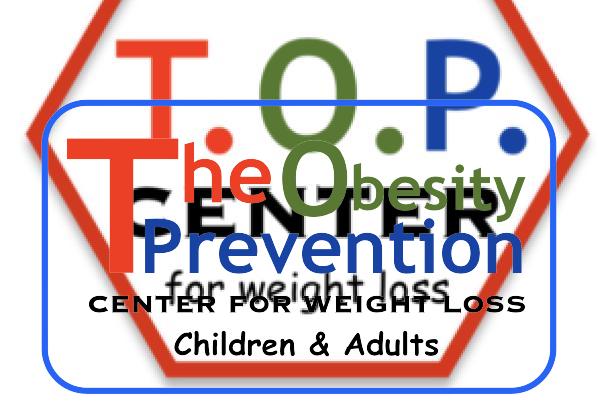Do you notice that your child is gaining weight rapidly, despite their healthy eating habits and regular physical activity? It might be surprising to learn that certain medications can contribute to weight gain in children. As a parent, it’s important to understand the link between medication and weight gain, recognize the signs and symptoms, and know how to manage and prevent it. In this article, we will explore the topic thoroughly and provide you with valuable insights and tips to help you navigate this issue with your child.
Understanding the Link Between Medication and Weight Gain
Before we dive into the specifics, let’s take a moment to understand how medications can influence weight gain in children. Each child responds differently to medication, and the potential for weight gain can vary. However, there are several common medications known to cause weight gain.
A number of antipsychotic medications, such as risperidone and olanzapine, have been associated with weight gain in children. Similarly, certain antidepressants, like amitriptyline and paroxetine, can also contribute to increased appetite and weight gain. Other medications, such as corticosteroids and antiepileptic drugs, have been found to affect metabolism and lead to weight gain as well.
When it comes to antipsychotic medications, researchers have found that they can affect the levels of certain hormones in the body, such as leptin and ghrelin. Leptin is a hormone that helps regulate appetite and energy expenditure, while ghrelin is known as the “hunger hormone” as it stimulates appetite. Disruptions in the balance of these hormones can lead to increased appetite and weight gain.
Additionally, some antipsychotic medications can cause metabolic changes, such as insulin resistance and alterations in lipid metabolism. These changes can result in the accumulation of fat tissue and ultimately contribute to weight gain.
When it comes to antidepressants, the link between medication and weight gain is not fully understood. However, researchers believe that the effect on weight may be due to the alteration of neurotransmitters in the brain, such as serotonin and norepinephrine. These neurotransmitters play a role in regulating mood, appetite, and metabolism. Disruptions in their balance can lead to increased appetite and weight gain.

Common Medications That Can Cause Weight Gain
If your child is taking any medications, it’s essential to be aware of the potential side effects. Some commonly prescribed medications that can cause weight gain in children include:
- Antipsychotic medications: Risperidone, Olanzapine, Quetiapine
- Antidepressants: Amitriptyline, Paroxetine, Sertraline
- Corticosteroids: Prednisone, Dexamethasone, Hydrocortisone
- Antiepileptic drugs: Valproate, Carbamazepine, Lamotrigine
Keep in mind that this is not an exhaustive list, and it’s always best to consult with your child’s healthcare provider regarding their specific medications and potential side effects.

The Science Behind Medication-Induced Weight Gain
Understanding the science behind medication-induced weight gain can help shed light on why certain drugs affect children differently. Some medications can increase appetite, leading to overeating. Others can alter the way the body stores and processes fat, impacting metabolic rate and resulting in weight gain.
For example, antipsychotic medications can affect the function of the hypothalamus, a region in the brain responsible for regulating appetite and satiety. By disrupting the signals that control hunger and fullness, these medications can lead to increased food intake and subsequent weight gain.
Additionally, medication-induced weight gain may be influenced by factors such as genetics, hormonal changes, and individual differences in how the body responds to specific drugs. It is a complex interplay of various factors that can contribute to changes in body weight.
It’s important to note that weight gain caused by medication should not be a reason to discontinue necessary treatment. If you have concerns about your child’s weight while on medication, it’s crucial to discuss them with their healthcare provider. They can provide guidance and support to help manage any potential side effects while ensuring your child receives the necessary treatment for their condition.

How to Identify Medication-Induced Weight Gain in Children
Recognizing medication-induced weight gain is crucial for parents, as early intervention can prevent further complications. Here are some signs and symptoms to look out for:
Signs and Symptoms to Look Out For
1. Rapid weight gain over a short period, unrelated to dietary changes or physical activity levels.
2. Increased appetite and cravings, especially for high-calorie foods.
3. Disruption in normal growth patterns, such as a sudden growth spurt followed by stalling growth.
4. Changes in body shape or distribution of fat, such as an increase in abdominal fat.
5. Feelings of lethargy or low energy levels.
Remember, these signs and symptoms may vary depending on the medication and the individual, so it’s crucial to monitor your child closely and consult with a healthcare professional.

When to Consult a Doctor
If you suspect that your child’s weight gain is medication-induced, it’s important to consult with their healthcare provider. They will be able to evaluate the situation, consider alternative medications if necessary, and provide guidance on managing the weight gain effectively.
Celebrate HTML message
Weight gain in children can be a cause for concern, especially when it is medication-induced. As a parent, it is essential to be vigilant and observant of any changes in your child’s body and behavior. While weight gain itself may not always be a cause for worry, it is crucial to identify medication-induced weight gain early on to prevent further complications.
Rapid weight gain over a short period, unrelated to dietary changes or physical activity levels, can be a red flag. If your child starts gaining weight rapidly without any significant changes in their eating habits or exercise routine, it may be a sign that the medication they are taking is contributing to the weight gain. Keep a close eye on their weight and monitor any sudden increases that cannot be explained by other factors.
Increased appetite and cravings, especially for high-calorie foods, can also indicate medication-induced weight gain. If your child’s hunger levels seem to have escalated, and they are constantly craving unhealthy, calorie-dense foods, it may be a result of the medication they are taking. These cravings can be difficult to resist, leading to further weight gain.
Disruption in normal growth patterns is another potential sign of medication-induced weight gain. If your child experiences a sudden growth spurt followed by stalling growth or a significant deviation from their expected growth trajectory, it could be an indication that the medication is affecting their body’s natural development processes. Pay attention to any irregularities in their growth patterns and consult with a healthcare professional if you notice any concerns.
Changes in body shape or distribution of fat can also be a noticeable effect of medication-induced weight gain. If you observe an increase in abdominal fat or notice a change in your child’s overall body shape, it may be a result of the medication they are taking. These changes in body composition can be distressing for both the child and the parent, highlighting the importance of early identification and intervention.
Feelings of lethargy or low energy levels can accompany medication-induced weight gain. If your child seems unusually tired or lacking in energy, it could be a side effect of the medication they are on. This fatigue can further contribute to a sedentary lifestyle, making it harder to manage or prevent weight gain.
When you suspect that your child’s weight gain is medication-induced, it is essential to consult with their healthcare provider. They are equipped to evaluate the situation and determine whether alternative medications may be more suitable for your child’s needs. They can also provide guidance on managing the weight gain effectively, offering strategies to minimize its impact on your child’s overall well-being.
Remember, every child is unique, and the signs and symptoms of medication-induced weight gain may vary. It is crucial to closely monitor your child and maintain open communication with their healthcare provider. By doing so, you can ensure that your child’s health and well-being are prioritized, and any medication-induced weight gain is addressed promptly and effectively.
Thank you for reading this post, don't forget to subscribe to our free newsletter
!


